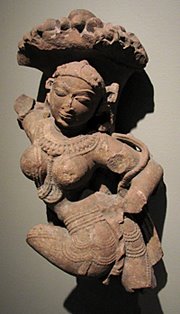The most widely reported conclusion, from surveys done by psychologist Ed Diener, is that within any given country, at the lowest end of the income scale money does buy happiness: People who worry every day about paying for food and shelter report significantly less well-being than those who don’t. But once you are freed from basic needs and have entered the middle class, the relationship between wealth and happiness becomes smaller. The rich are happier on average than the middle class, but only by a little, and part of this relationship is reverse correlation: Happy people grow rich faster because, as in the marriage market, they are more appealing to others (such as bosses), and also because their frequent positive emotions help them to commit to projects, to work hard, and to invest in their futures. Wealth itself has only a small direct effect on happiness because it so effectively speeds up the hedonic treadmill. For example, as the level of wealth has doubled or tripled in the last fifty years in many industrialized nations, the levels of happiness and satisfaction with life that people report have not changed, and depression has actually become more common. Vast increases in gross domestic product let to improvements in the comforts of life — a larger home, more cars, televisions, and restaurant meals, better health and longer life — but these improvements became the normal conditions of life; all were adapted to and taken for granted, so they did not make people feel any happier or more satisfied.
— Jonathan Haidt
The Happiness Hypothesis, pp. 88-89
Thursday, April 10, 2008
Subscribe to:
Post Comments (Atom)





No comments:
Post a Comment